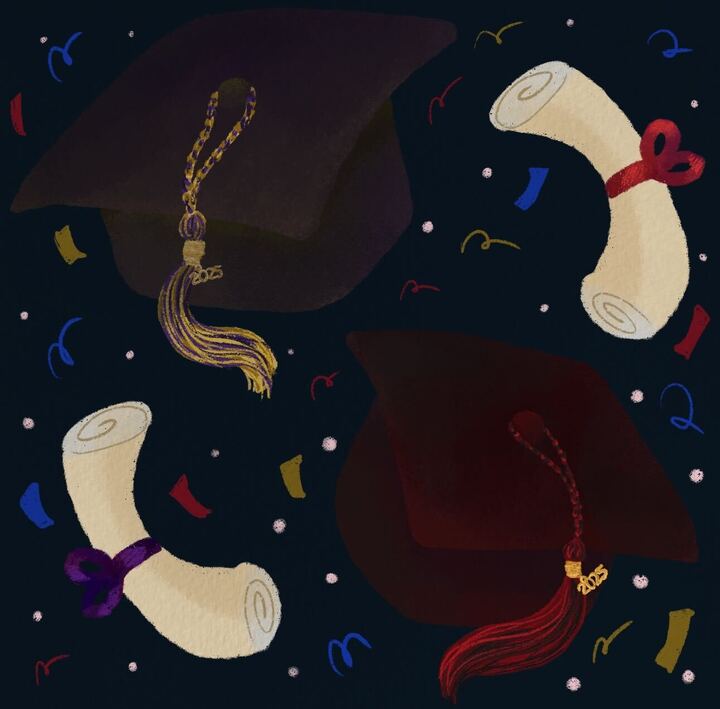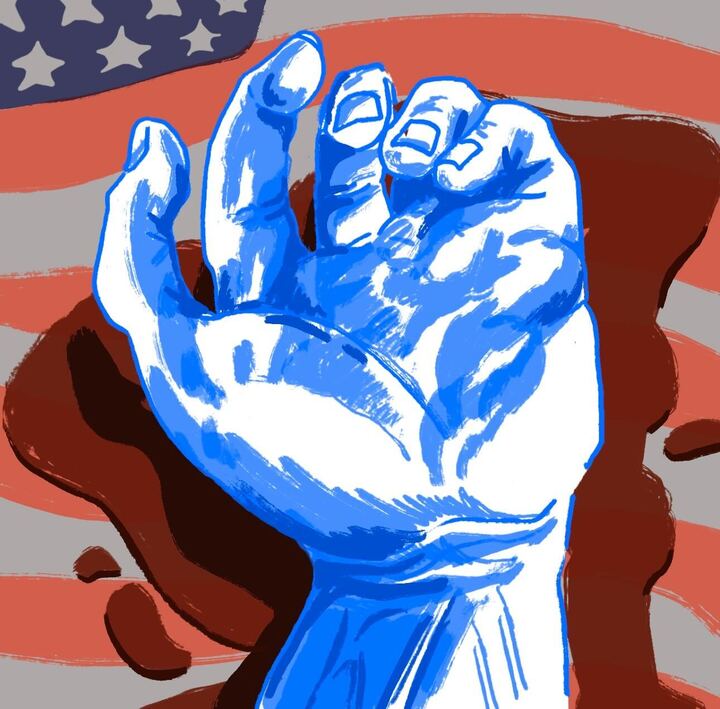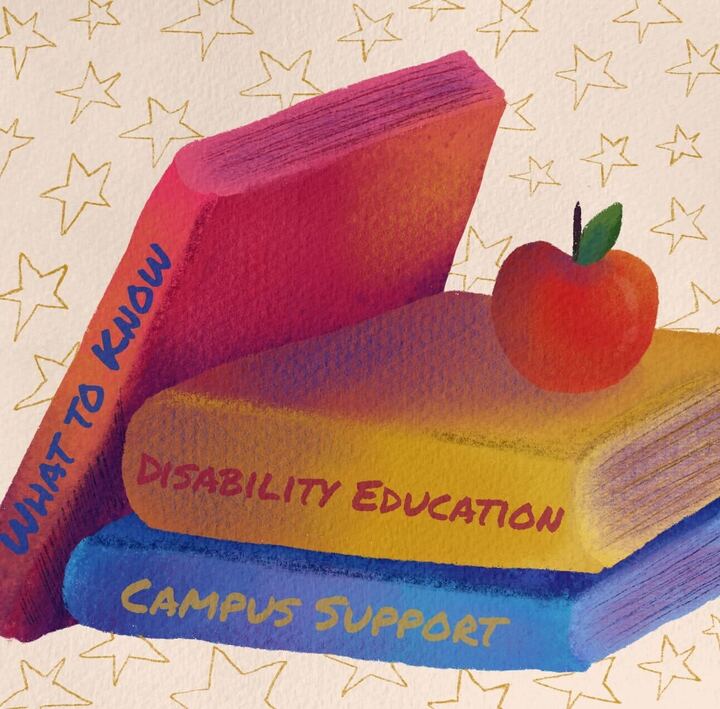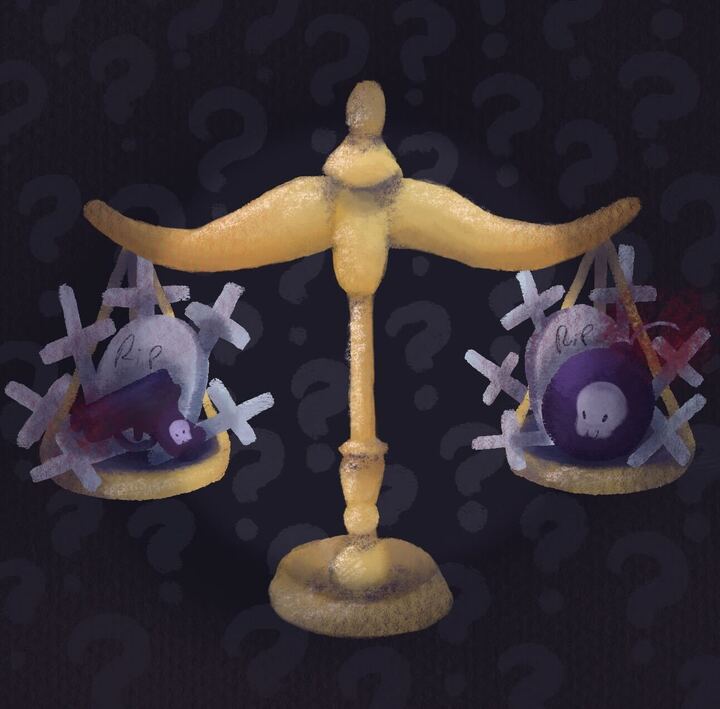Written by Lorenzo Mutia
The bullying I experienced was not bullying as many people understand it to be. I did not endure physical and verbal assaults, but rather, the unintentional and intentional actions of others came to define much of everyday life as a young person.
I was known to be a rather curious and talkative kid. I would read encyclopedia volumes for random facts and figures and tell other kids and adults about them. I would talk about subject matter that was beyond my comprehension to the disinterest of other kids and to the chagrin of adults.
By the time I was 8-years-old, it seemed it had been decided that I couldn’t make any close friends. I became alienated from the other students, thinking that they hated me or were out to get me. Ironically, I never told anyone that I felt this way because I thought it would make the students hate me more. So, I made a decision to focus less on social contact and instead gave more attention to something that could never reject me: my schoolwork.
Unfortunately, as I became engrossed in the work-based aspects of school, I lost out even more with people. As I grew older, the adults in my life found me capable to take care of my immediate needs and I was unwilling to tell them otherwise. Some of the students began to overtly avoid me and bully me because I was the definition of someone they didn’t want to be: chubby, unathletic, unappealing, mature. I began to adopt a more pessimistic and dark mood. My chances for real friendship became bleak.
Classrooms are very much workplaces in and of themselves, not just for teachers but for students as well. Situations that constitute workplace bullying can easily describe school bullying. Professor David Yamada of Suffolk University, citing a New York Times article, writes that “organizational cultures can fuel or discourage [bullying]” and make it possible to see “school cultures as paving the way for their workplace counterparts.”
My status as an apparent overachieving, antisocial workaholic was a big red target on my back. It was a sign of my insecurities and made me fodder for the real bullies in the class.
As puberty hit and the hormones kicked in, my feelings worsened into periods of extreme depression followed later by peaked anger and then more depression. I did my best to hide these feelings and isolate them, but on more than one occasion I would lose control.
For a time I became a bully, taking out my anger and sadness on people who really didn’t deserve it. I probably gave a lot of other students hell, but I can clearly recall only one student who I would belittle and demean for petty or conjured reasons. Unlike me, he would fight back, but ultimately I think it was one of the major reasons he didn’t come back to school the next year.
Dr. Ian Robertson of Psychology Today wrote that a “potent mechanism” for bullying is power, calling it a drug for the “self-doubting, bored, [and] mixed up teenager.” For the victim of this bullying, there is “very high probability” that the bullying will worsen over time because of how the brain manages conflicts.
Looking back, I suppose I bullied him so I could get that power. I saw the power in getting actual recognition for what I did. The funny thing is that no administrators or adults seemed to pay any more attention. I pointlessly kept at it and with increasing ferocity. I somehow convinced myself that he deserved the bullying.
In the end, the bullying I did only made me feel sick and ashamed. When the new school year came around, I sought to go into a totally different direction. I wanted to reinvent myself. I became extremely apologetic and aimed to be the harmless and quiet guy that I used to be. Only now, I would become more involved in the lives of my peers instead of avoiding them as they had me.
I opened up to other people for the first time and it certainly opened up my world view. It helped me understand that much of the world wasn’t out to get me and that people do genuinely care.
I managed to forge close bonds with people whom I thought had purposefully shunned me, discovering that I, too, had shunned them without realizing. I forgave those who purposefully bullied me and empathized with people who had the same personal issues.
I came to terms with the grief I caused others when I was a bully. I would like to think of this article as part of the atonement process for my indiscretions.
In the end, I don’t blame the majority of my classmates for the emotional problems that plagued me then and plague me now. What I saw as an overt rejection, they saw as a simple avoidance maneuver. What was normal to them seemed quite foreign to me.
There’s no point in having regrets about the friends I could have made had I confessed my insecurities earlier rather than later. I can’t worry about the lives I may have changed for the worse. The memories will haunt me for the rest of my life and I’ll take them for what they’re worth. Those experiences helped to define the person I am today, but that definition is not set in stone.





